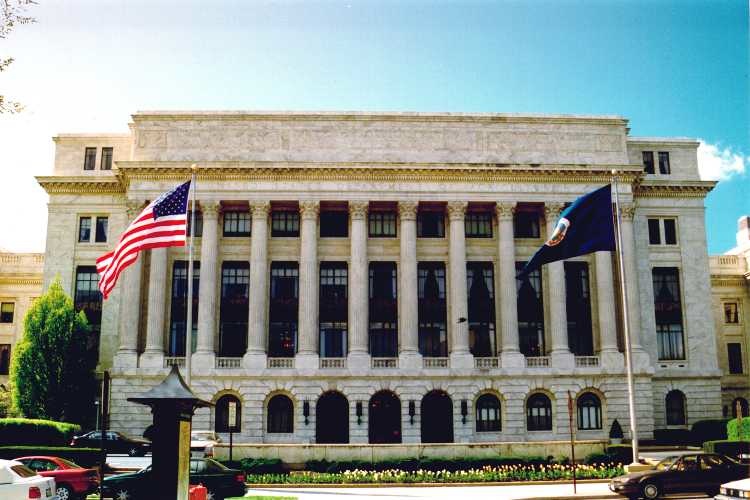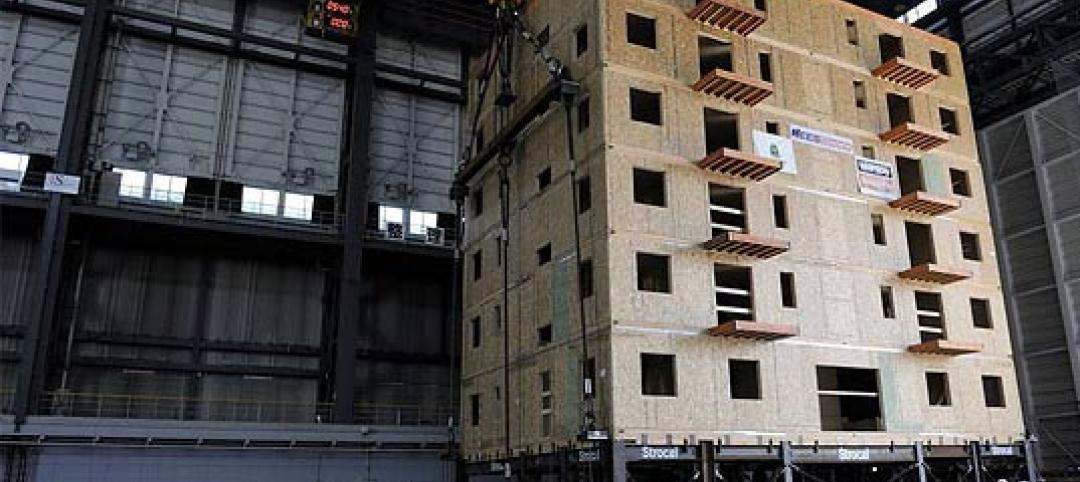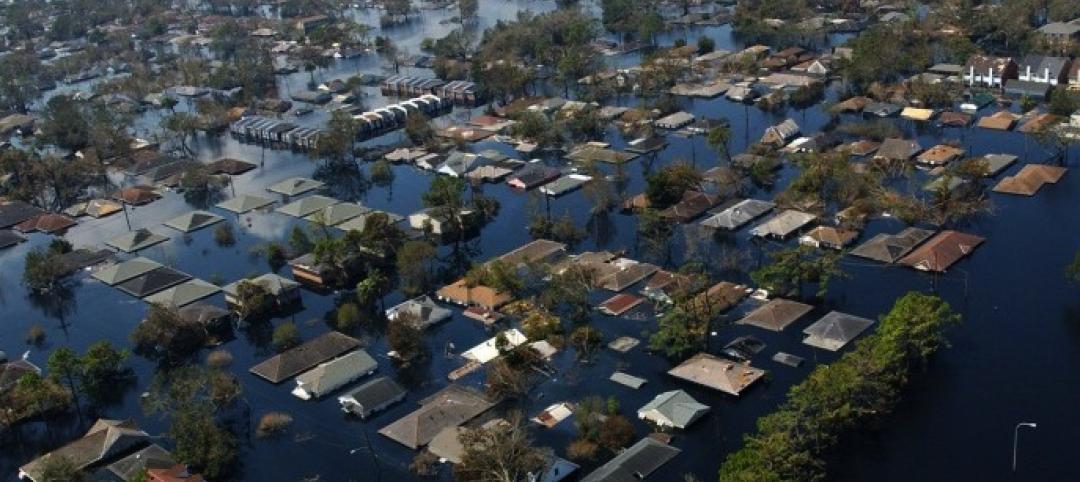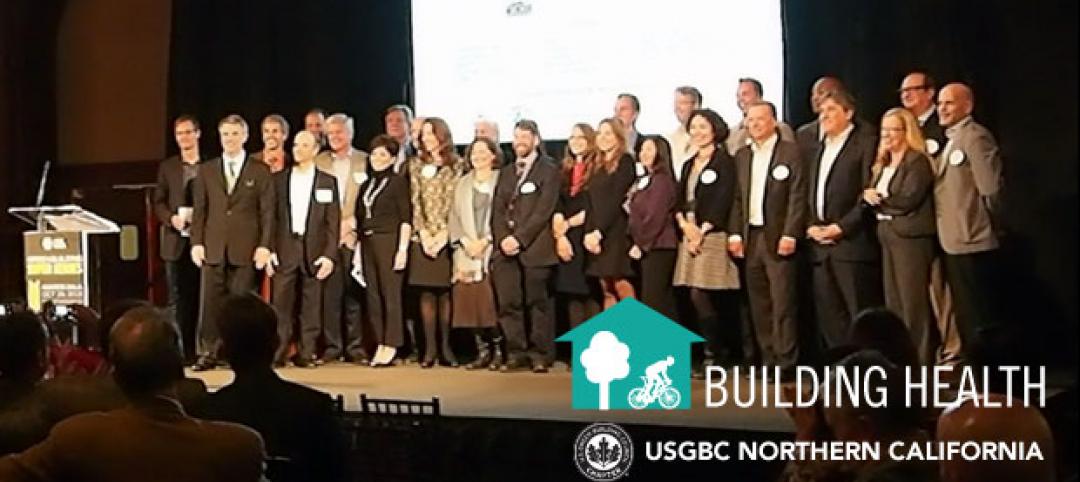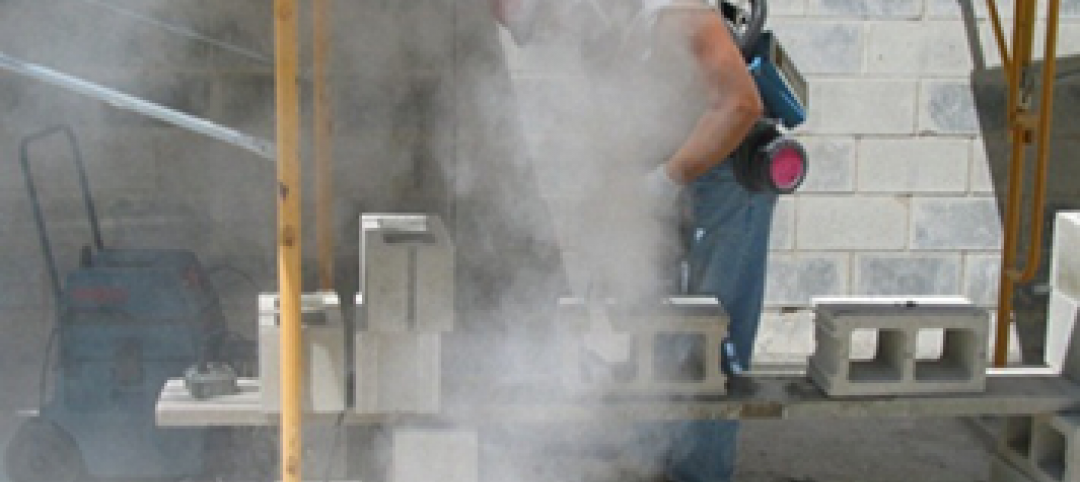The U.S. General Services Administration has issued a Request for Qualifications seeking developers who can provide construction and development services in exchange for the GSA Regional Office Building and Cotton Annex, both located in Southwest Washington, D.C.
These services would be used to help GSA consolidate about 1,500 regional staff from the Regional Office Building into the GSA headquarters located at 1800 F St., NW and renovate up to three historic buildings at St. Elizabeths campus in Southeast Washington.
This action will allow GSA to leverage the value of outdated and underperforming properties to provide the government with efficient modern office space to better serve our current needs.
Last year, the agency issued a Request for Information (RFI), soliciting innovative ideas from the development community to help the agency gather possible development scenarios that provide cost savings, space, efficiency, and modernization solutions for federal agencies located at Federal Triangle South.
“The Federal Triangle South project is an opportunity to reexamine how the federal government uses these buildings and reassess how this space fits into the surrounding community,” said GSA Administrator Dan Tangherlini. “This action will facilitate the city’s efforts to transform this precinct that is dominated by federal office buildings, into a mixed-use neighborhood that will both provide for a modern workplace for federal employees and create a vibrant, diverse, and special community of its own.”
GSA’s action supports the vision for Federal Triangle South identified by the National Capital Planning Commission’s Southwest EcoDistrict -- a sustainable community stretching from the National Mall to the Southwest Waterfront.
The vision includes a number of federal buildings and seeks to reduce costs by overhauling these outdated and underperforming assets, developing state-of-the-art green facilities, and encouraging mixed-use and improved infrastructure. The deadline for RFQ questions is April 17, 2014. Responses are due by May 22, 2014. The RFQ is now posted on Fed Biz Opps.
Reducing the Federal Footprint & Increasing Efficiency
The Obama Administration has set aggressive goals for using federal real estate assets more efficiently, and GSA has increased its efforts to help federal agencies identify underutilized properties and move them into the disposal process.
The Federal Triangle South RFQ is part of GSA’s ongoing effort to get underperforming federal facilities, such as the Cotton Annex, off of the government's books, while creating the greatest possible value for taxpayers. It would also allow GSA to consolidate its employees in the National Capitol Region into one building, the 1800 F St. NW headquarters. This would not only cut costs and reduce energy consumption, but also maximize workplace efficiencies by bringing employees into GSA’s Total Workplace program.
(http://www.gsa.gov/portal/content/189811)
Related Stories
| Nov 14, 2013
GSA asks for input to help study energy-efficient technologies on its buildings
The General Services Administration has posted a request online, asking those in industry, academia and nonprofits for information on green building technologies.
| Nov 14, 2013
Document on gypsum boards sets stage for preparing Environmental Product Declaration
The Gypsum Association has completed the development of a product category rules (PCR) document for North American gypsum boards.
| Nov 14, 2013
ISO, FLASH team up to promote stronger building codes
ISO has joined the national nonprofit Federal Alliance for Safe Homes (FLASH) to encourage communities to build disaster-resistant buildings that can withstand hurricanes, tornadoes, earthquakes, and other catastrophic events.
| Nov 6, 2013
Cost to small businesses from silica rule is raised by progressive group
The silica-dust rule from the Occupational Safety and Health Administration could put small businesses at a disadvantage on the cost of complying with the mandate, according to the Center for Progressive Reform.
| Nov 6, 2013
Uneven snow load concern prompts structural study of Minnesota college auditorium roof
The roof of the Memorial Auditorium of Concordia College in Minnesota will undergo a complete structural analysis because it was built to 1946 codes and may not be able to accommodate uneven snow loads.
| Nov 6, 2013
Dallas’s goal of carbon neutrality by 2030 advances with second phase of green codes
Dallas stands out as one of the few large cities that is enforcing a green building code, with the city aiming to be carbon neutral by 2030.
| Nov 6, 2013
Task force to examine resiliency in the face of climate change
President Barack Obama recently signed an executive order related to climate change and disaster-management efforts during severe weather events and other disasters.
| Nov 6, 2013
USGBC Northern California chapter focuses on improving indoor environments in green buildings
The Northern California branch of the U.S. Green Building Council is leading the “Building Health Initiative” that seeks to improve the indoor environment of green buildings.
| Oct 31, 2013
OSHA enacts 47-day extension for comment period on silica-exposure rule
The Occupational Safety and Health Administration has extended the public comment period on its silica-dust exposure rule by 47 days.
| Oct 31, 2013
Updates to California’s building codes take effect Jan. 1
Green-building and accessibility are the major themes of the 2013 updates to California’s construction codes that are set to take effect Jan. 1.


